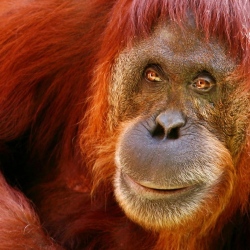
One of the biggest riddles in Earth’s history is why animals did not evolve after a spike in oxygen levels approximately 2.3 billion years ago. Instead, despite what scientists had thought was a period of relatively high oxygen, the evolution of life on Earth stalled for what is dubbed the ‘boring billion’.
Earth’s early atmosphere has seen two major spikes in oxygen concentration, one roughly 2.3 billion years ago, dubbed the ‘great oxygenation event’, and a second 800 million years ago. The evolution of complex life only took off after this second peak. Now researchers say that fluctuations in oxygen levels probably kept evolution in check during the intervening period.
Rather than accumulating steadily, new findings suggest oxygen levels dropped precipitously soon after the first peak, which saw concentrations of the gas jump by at least 1,000-fold. “There has been this question as to why the boring billion was boring,” said Timothy Lyons, a biogeochemist at the University of California, Riverside, and one of the study team.
The finding argues against “a simplistic view of a unidirectional march towards high oxygen levels", says Noah Planavsky, a biogeochemist at Yale University in New Haven, Connecticut, who presented the work at the Third International Conference on Geobiology last month in Wuhan, China. “Oxygen levels were in fact very dynamic, going up and down until they passed a threshold and pushed the planet to a different state,” he says.
